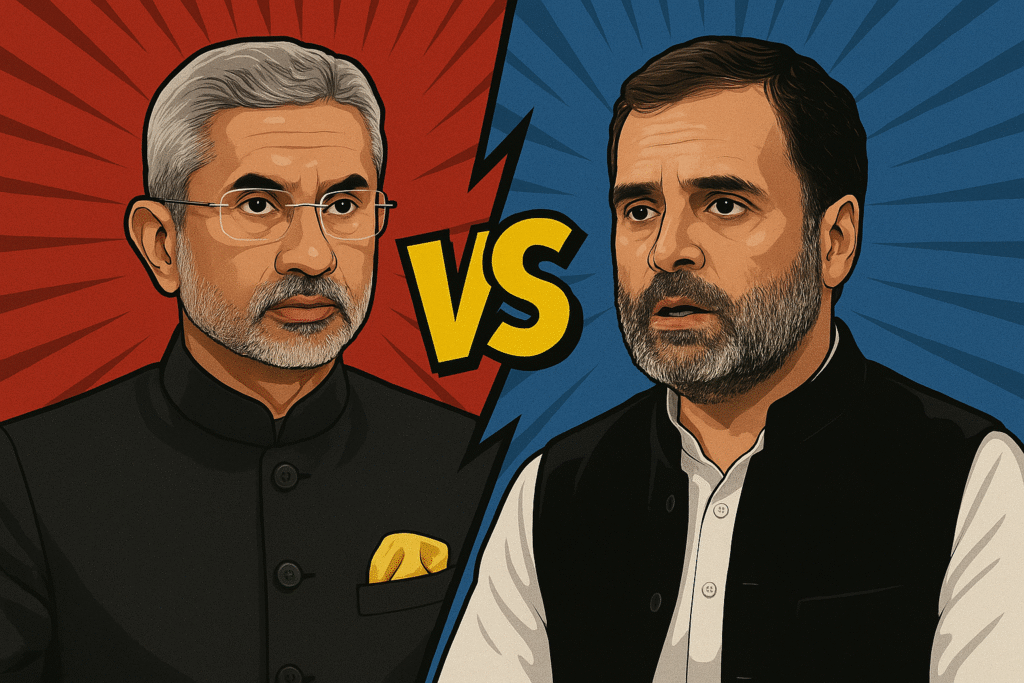Pakistan army chief reignites Kashmir dispute, warns of retaliation
Pakistan’s powerful Army chief, Field Marshal Asim Munir, has stirred fresh controversy by calling Kashmir militancy a “legitimate and lawful struggle” during a high-profile address at the Pakistan Naval Academy in Karachi on 29 June 2025. Amid growing India-Pakistan tensions post the Pahalgam terror attack and India’s counter-operation “Sindoor,” Munir’s rhetoric is being seen as a direct challenge to Indian sovereignty over Jammu and Kashmir.
Labeling Indian responses to cross-border terrorism as “aggression,” Munir warned that “any future misadventure” by India would receive a swift and decisive response. His remarks were not only combative but couched in strategic messaging—reviving Pakistan’s long-standing claim that Kashmir is its “jugular vein” and reaffirming “moral, diplomatic, and political” support for what he terms a freedom movement. India, on the other hand, slammed the comments as “baseless, provocative, and contempt-worthy.”
Munir Calls Kashmir Militancy Legal, Revives ‘Jugular Vein’ Claim
In his speech, Munir portrayed Pakistan as a stabilizing power in the region, but one that would not tolerate what he termed Indian “military adventurism.” He claimed that the Kashmiri resistance is justified under international law, suggesting that India’s anti-terror operations are suppressions of a legitimate political aspiration.
The rhetoric closely mirrors past military posturing seen during heightened Indo-Pak tensions, particularly after the abrogation of Article 370 in 2019. Munir’s use of terms like “martyrs,” “freedom fighters,” and “jugular vein” was widely interpreted as a dog whistle to militant groups operating across the Line of Control.
Interestingly, this renewed aggression comes just weeks after India’s Operation Sindoor—a surgical air-and-ground retaliation targeting terror camps in Pakistan-held areas after the 22 April Pahalgam attack, which killed 26 Hindu tourists. Munir indirectly referenced these strikes, saying India had acted “without strategic foresight” in the past and would face “befitting consequences” if provoked again.
India Slams Pakistan’s Terror Justification as ‘Propaganda’
India’s Ministry of External Affairs (MEA) issued a firm rebuttal to Munir’s speech, calling it “irresponsible propaganda unworthy of a state actor.” The MEA also rejected Pakistan’s earlier claim that India was behind a suicide bombing in North Waziristan, labeling it an “absurd and baseless allegation.”
Statement regarding Pakistan
— Randhir Jaiswal (@MEAIndia) June 28, 2025
🔗 : https://t.co/oQyfQiDYpr pic.twitter.com/cZkiqY1ePu
Indian officials warned that such statements only validate India’s long-standing position that Pakistan is the epicenter of state-sponsored terrorism in South Asia. New Delhi reiterated that Jammu and Kashmir is an integral part of India and that cross-border terrorism will be met with appropriate consequences—military or diplomatic.
This rhetorical escalation also disrupted regional diplomacy. During the Shanghai Cooperation Organisation (SCO) defence ministers’ summit in Beijing on 26 June, India refused to endorse a joint communiqué that omitted references to the Pahalgam attack and broader terrorism issues—clearly at Pakistan’s behest.
Asim Munir’s statement marks a dangerous pivot back to militaristic narratives from Rawalpindi, raising red flags about Pakistan’s intentions in Kashmir. With India standing firm on zero tolerance for terror and preparing for regional summits later this year, the geopolitical temperature between the nuclear-armed neighbours is once again rising. The line between political rhetoric and real-world escalation grows thinner by the day.





















